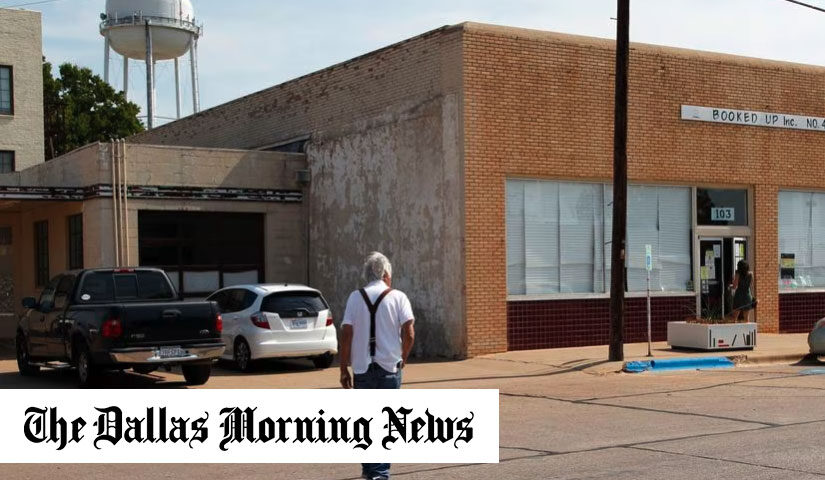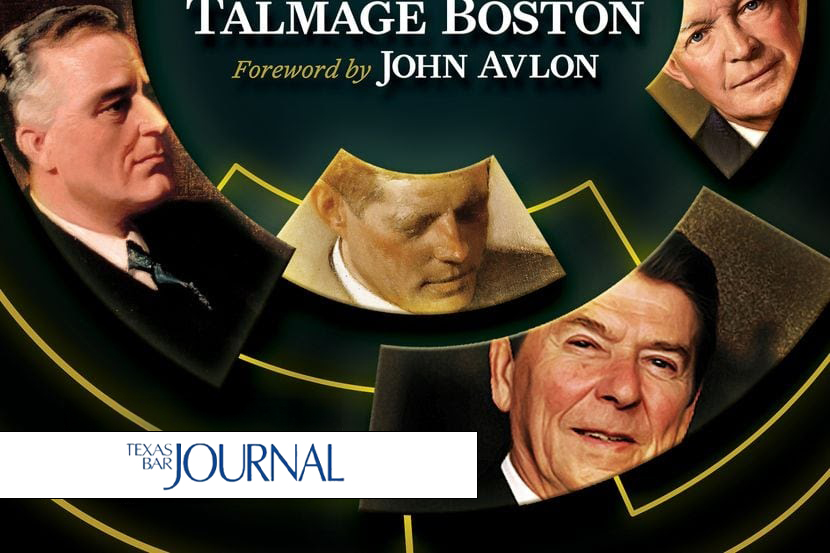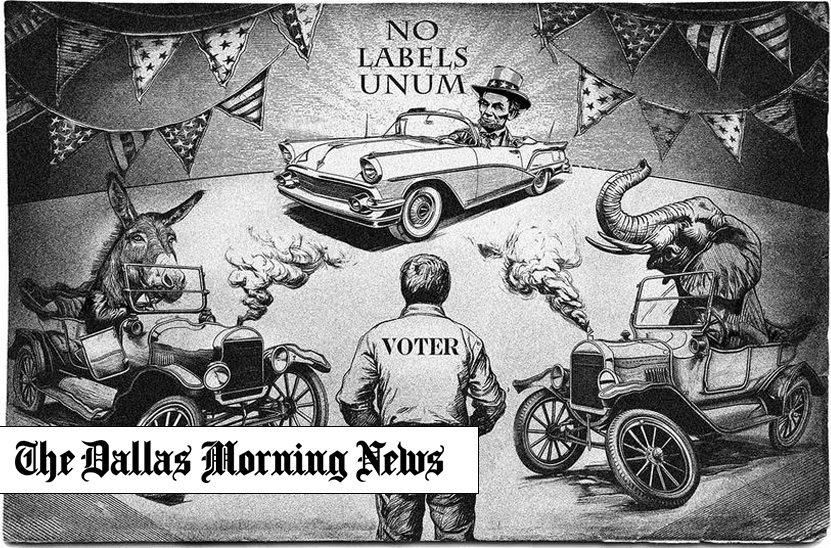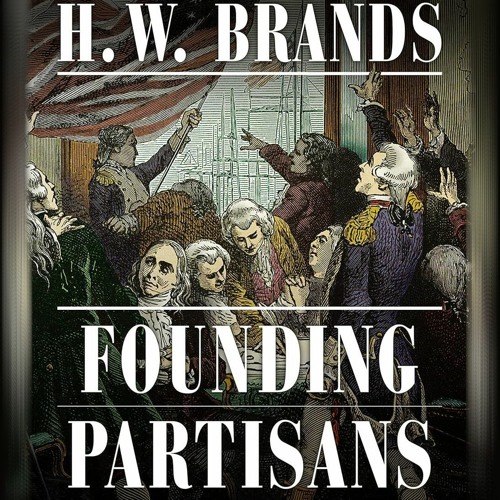Larry McMurtry’s life remembered
His influence started when I was too young to watch his films
by Talmage Boston
Larry McMurtry walks from bookstore to bookstore during the auction of his private book collection in downtown Archer City, Texas on Saturday, Aug. 11, 2012. Contributing columnist Talmage Boston followed the writer’s career for decades before finally meeting him in his shop. Two new books chronicle McMurtry’s life and his impact on Texas letters.
Two new books about author Larry McMurtry have set me to remembering the moments of my life, and my father’s, that intersected with his, and the influence this Texas literary legend has had on me and many others.
Like McMurtry, my late father grew up in a small, one-stoplight Texas town whose residents worked mainly on farms and ranches. To prove one’s manhood as an adolescent in those days required spending time playing football and riding horses to work cattle. Because of Dad’s and McMurtry’s disinclination for such activities, they were viewed by most of the local folks as pleasant misfits. Since they both had burning desires to read and learn, they escaped as soon as they could to pursue college in big cities: McMurtry to Houston at Rice, and Dad to Austin at the University of Texas.
In the summer of 1963, when I was nine years old and our family lived in Houston, my father came home on a Sunday afternoon after seeing the movie Hud that had just come out, and was based on McMurtry’s first novel Horseman, Pass By, written when he was 24 years old.
Dad said the film struck a nerve because of the riveting generational and ethical tension between father and son amid the declining appeal of rural small-town life and a future pointed toward urbanization, obsession with money, and the movement of society’s moral compass away from true north. Dad was fine telling me and my siblings about the movie, but said we were too young to absorb it. When I finally saw the film many years later, I understood the memory of my father’s strong reaction to it.
Opinion
Get smart opinions on the topics North Texans care about.
By my senior year in high school, we had moved to Westport, Conn. My father came home one Saturday and said he’d just seen the movie The Last Picture Show, based on McMurtry’s novel with the same title. This time around, Dad said he wanted me to go see the film so I could have a clear picture of the time, place, people and social dynamic where he had grown up — the small Panhandle town of Shamrock. The reviews I read of the movie spoke of its generational, interpersonal and, yes, sexual tension which made me want to see it posthaste.
Filmed in haunting black and white by director Peter Bogdanovich at the suggestion of Orson Welles, with angst-filled scenes and dialogue that flowed from McMurtry’s screenplay, the movie penetrated into the soul of most who saw it, and definitely into mine. It did to me what Hud had done to my father, and he and I now shared a deep appreciation for the same writer whom, going forward, I wanted to study and follow.
Nine months after seeing The Last Picture Show, I started college at the University of Texas. School had barely started when The Daily Texan ran an ad for an upcoming program at the student union. The guest speaker would be Larry McMurtry.
Although I can’t remember a thing McMurtry said that day, I know he mesmerized me to the extent that being in his audience made me commit to never missing another major speaker at UT while I was there, and I didn’t. Within two years, I had become the chairman of the campus’s speakers committee, which allowed me to bring people to Austin on the order of Coretta Scott King, Robert Penn Warren, William Styron, Willie Morris, and Star Trek creator Gene Roddenberry. My involvement there established a pattern of reading, writing and responding to writers that has continued to this day, and has contributed in some part to my appearing in these pages.
In 1975, McMurtry wrote Terms of Endearment, which inspired the 1983 movie that won five Oscars including best picture, best adapted screenplay, best actress (for Shirley MacLaine), and best supporting actor (for Jack Nicholson).
In 1985, McMurtry’s masterpiece, Lonesome Dove, was released, which one reviewer called “the Moby Dick of the West.” It was a novel which neither I nor anyone else could put down, and it won the 1986 Pulitzer Prize for fiction. It was then transformed into the 1989 television miniseries which became one of the most successful productions of its kind in entertainment history.
My McMurtry fascination never waned. Neither did his distance. I doubted I would ever get to meet in person the man who had fired my imagination, and that of my father, for years.
Then, in 2002, my law partner Jay Madrid read an article in the San Francisco Examiner about the five greatest bookstores in the country, and one of them, Booked Up, was owned and run by Larry McMurtry in his hometown of Archer City, Texas. Jay asked me if I wanted to join him on an excursion to see it. There was no way I could turn down his invitation.
On that fateful Friday, we entered the store’s front lobby where its most notable books were on display. I went ahead of Jay to a cavernous room filled with dozens of floor-to-ceiling shelves. Standing there was a paunchy, gray-haired man in blue jeans, suspenders and a white Tshirt marking prices in books.
“Mr. McMurtry, excuse me. I don’t mean to interrupt your work, but in September of 1972, I was a freshman at UT, and saw you speak on campus …”
Before I got out another word, he bellowed, “And I never went back!”
He proceeded to tell me about his issues with Austin, and then we talked about his most recent writings and bookstore. Since it was noon, I invited him to join Jay and me for lunch. He declined, but at least recommended a local café where the food was “mediocre but edible.”
After lunch, Jay and I browsed the rest of the massive store which covered almost the entire courthouse square, and contained hundreds of thousands of books. When we reached the section of his store where sports books were found, there with its dust jacket facing outward was my first book, 1939: Baseball’s Pivotal Year.
I had heard that McMurtry read at least a page or two in every book that became part of his inventory. If that rumor was true, it meant that McMurtry had read my writing, at least a line or two.
Why I didn’t take a photo of that glorious moment I’ll never know, though I’ll always have Jay to corroborate what we saw that afternoon.
On our way back to Dallas, I called my dad.
In 2015, six years before his death, McMurtry received the National Humanities Medal from President Barack Obama at the White House. In presenting the award, the president said McMurtry’s work, “evokes the character and drama of the American West with stories that examine quintessentially American lives.” As far as I can tell — and I’ve scoured many sources to confirm it — McMurtry is the only person to earn the triple crown of the Humanities Medal, Pulitzer Prize and Academy Award. He died in 2021, at the age of 84.
My extended journey with the works of Larry McMurtry has now entered a new dimension with the September release of two books devoted to the author’s life and impact: Tracy Daugherty’s Larry McMurtry: A Life (St. Martin’s Press, 2023) and Pastures of the Empty Page: Fellow Writers on the Life and Legacy of Larry McMurtry (University of Texas Press, 2023) edited by George Getschow.
Both authors are scheduled to appear at the Texas Book Festival in Austin next month.
Daugherty and Getschow detail the particulars of McMurtry’s prodigious writing output: 30 novels, 14 books of nonfiction, and more than 30 screenplays. He typed five double-spaced pages every day for almost six decades, rain or shine, weekends and holidays, whether he felt good or bad. His work covered the past and the present, and most of it was about Texas — the desolate plains, small towns, big cities and, above all, its people.
McMurtry’s specialty was character creation, enhanced by having his people speak with authentic dialect and word choice. He made them so credible that we cared about them, and what they said and did made us reflect on our own past and present.
His nonnegotiable commitment to tell the truth made him a harsh critic of his Texas writer predecessors who had mainly romanticized the past and failed to look the present in the eye. To McMurtry, nothing about the human condition was simple, all of it was tense and complicated, and he wrestled with that reality in a way that made the reader think about his place in a changing world.
His nomadic life was an odyssey: from growing up on a ranch near Idiot Ridge outside of Archer City; to higher education at Rice, the University of North Texas, Stanford and back to Rice; to teaching creative writing at Texas Christian University and Rice, where he began his career as a bookseller; to moving to Washington, D.C., where he ran his first Booked Up bookstore and taught creative writing at George Mason University and American University; to his final 35 years splitting time between his ranch and bookstore in Archer City and a home in Arizona where he lived with his writing partner, Diana Ossana, and his second wife, Norma Kesey, widow of his friend, Ken Kesey, author of One Flew Over the Cuckoo’s Nest.
His genius was marked by the capacity to write quickly and with little editing, meaning he basically got his words right the first time on the “pastures of the open page.”
Just as his father spent his life herding and scrutinizing cattle, Larry McMurtry spent his life herding and scrutinizing words. He also herded and scrutinized books until they filled burgeoning bookstores. Despite his laconic nature, he also herded and scrutinized a multitude of friends and became a mentor to dozens of writers, some of whom have now explained his impact on their lives in Getschow’s marvelous book.
I am among them. Having followed his career since childhood, and now with two years since his death and two biographies to help collect and galvanize his legacy, I’m ready to say this about Larry Jeff McMurtry of Archer City: No one has done more to give Texas writers their esteemed stature in the pantheon of American literature.




